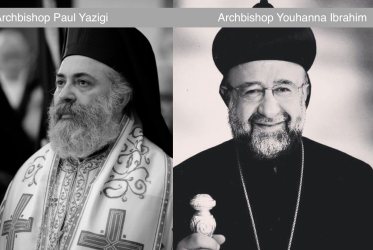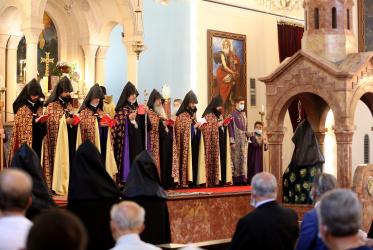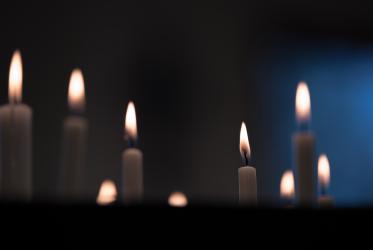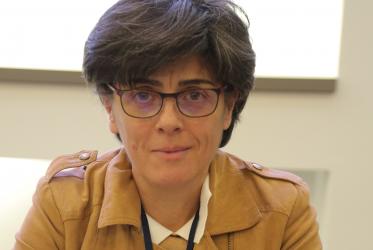Displaying 41 - 60 of 232
28 February 2022
Planting trees and working for peace in Palestine
26 January 2022
In Lebanon, “without peace there is no justice”
21 July 2021
COVID-19 in conflict zones: “a crisis within another crisis”
27 November 2020
Hope prevails in times of crisis in Lebanon
14 September 2020
New student body at Bossey Ecumenical Institute “a source of joy”
14 September 2020
















